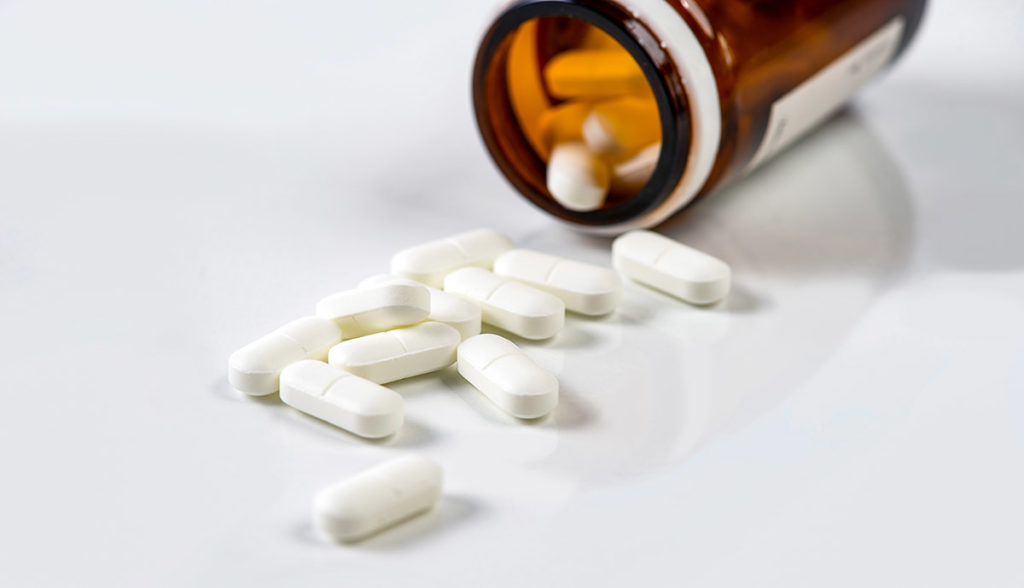The opiates’ definition is any naturally occurring or lab-produced medication made from opium. Opiates can include both prescription medications, like oxycodone and OxyContin, and illicit narcotics, like heroin. The opiate epidemic has led to fatal heroin overdoses quadrupling since 2010, with two-thirds of all fatal overdoses in 2016 alone involving opiates. In 2017, a record-setting number of fatal drug overdoses, many linked to fentanyl-tainted heroin, resulted in President Trump issuing a public health emergency declaration in response to the opiate epidemic. The most common substances related to fatal overdoses are opiates. These drugs are a class of central nervous system depressants derived from opium.
The Opiates Definition
The opiates’ definition is rather simple: both legal and illegal drugs derived from opium are considered opiates. Another important part of the opiates’ definition is that all opiates are both physically and psychologically addictive. Opiates cause your brain to release a powerful wave of dopamine. As a pleasurable neurotransmitter, dopamine is responsible for the calming, soothing high produced. Some of the most commonly-abused opiates include:
- Oxycodone and Codeine
- OxyContin
- Heroin
- Morphine
- Fentanyl
- Opana
Since the opiates’ definition includes they are depressants, mixing opiates with substances like alcohol and Xanax is especially dangerous. Often, this drastically increases your risk of experiencing an overdose. While opiate overdoses are reversible, if treatment is delayed, you can suffer serious medical complications or even death. A non-fatal opiate overdose can cause neurological and cognitive damage, as well as memory loss. When you become physically dependent on opiates, you will experience painful withdrawal symptoms if you suddenly stop using them. Opiate addiction causes both your brain and your body to depend on opiates in order to function normally. Another downfall of opiate addiction is that you repeatedly have to increase your use in order to experience intoxication. Having to increase your use constantly can cause serious financial problems.
Treating Opiate Addiction
Opiate addiction takes time to develop and time to treat. Since your brain’s pleasure and reward center changes during opiate addiction, it can take time for your brain to re-learn how to release the proper amount of neurotransmitters naturally. Withdrawal symptoms can also impact your mood and aggravate underlying medical and mental health conditions, which can make it difficult to stay clean without help from a treatment center. Treatment can include both inpatient and outpatient options. Inpatient programs are best if you have a severe addiction or a comorbid condition. Both inpatient and outpatient programs can also offer detox services. If you are at risk for serious withdrawal symptoms, an inpatient detox center is your best treatment option. Outpatient care is a great way to continue treatment following discharge from an inpatient program.
Finding Treatment for an Opiate Addiction Today
The United States is facing a major opiate crisis, leaving many to wonder what the opiates definition is. Opiates are highly addictive substances that can cause physical dependency and early death. If you or a loved one is ready to start focusing on recovery, call us today at 844.875.5609 to learn more about our treatment programs.

